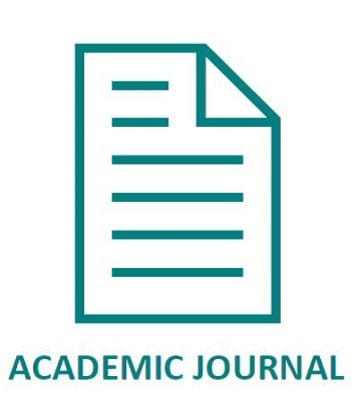Understanding urban water performance at the city-region scale using an urban water metabolism evaluation framework
Abstract
Water sensitive interventions are being promoted to reduce the adverse impacts of urban development on natural water cycles. However it is currently difficult to know the best strategy for their implementation because current and desired urban water performance is not well quantified. This is particularly at the city-region scale at which strategic urban planning occurs. This work aimed to fill this gap by quantifying the water performance of urban areas within the city-regions using ‘urban water metabolism’ evaluation, to inform decisions about water sensitive interventions. To do this we adapted an existing evaluation framework with new methods. In particular, we developed and applied rigorous system boundary definitions based on consistent land use data, and for estimating natural hydrological flows by combining the land use data with hydrological flow partitioning (HFP) factors. The water performance criteria were water efficiency of the urban systems (in terms of water extracted externally) and hydrological performance of the urban systems (the degree natural hydrological flows have changed relative to pre-urbanised state). We compared these performance criteria for urban systems within three Australian city-regions (South East Queensland, Melbourne and Perth metropolitan areas), under current conditions, and after implementation of example water sensitive interventions (demand management, rainwater/stormwater harvesting, wastewater recycling and increasing perviousness). The respective water efficiencies in terms of water sourced externally were found to be 79, 90 and 133 kL/capita/yr. In relation to hydrological performance, stormwater runoff relative to pre-urbanised flows was of most note, estimated to be 2-, 6- and 3- fold, respectively. The estimated performance benefits from water sensitive interventions suggested different priorities for each region, and that combined implementation of a range of interventions may be necessary to make substantive gains in water metabolism performance. We concluded that the framework is suited to initial screening of the type and scale of water sensitive interventions needed to achieve desired water performance objectives.
Note: Journal articles and conference papers (and links where available) are available under open access arrangements where possible. Otherwise please contact your institution’s library, the authors, or publishers to organise full access.
